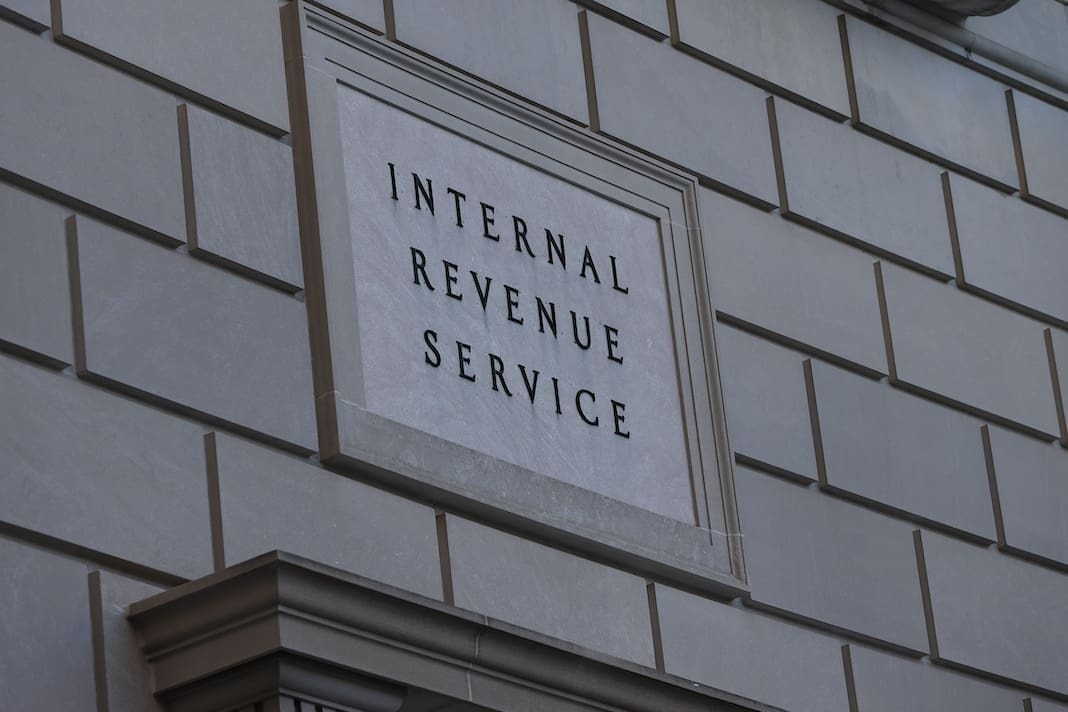Trump Administration Ends IRS Free Tax Return Filing Program
- Better American Media

- Apr 22
- 2 min read

IRS's Free Tax Filing Program Faces Termination
The Internal Revenue Service (IRS) is set to discontinue its Direct File program, which has enabled millions of Americans to submit their tax filings for free. This initiative, introduced under the Biden administration through the 2022 Inflation Reduction Act, allowed taxpayers in 25 states to import income data directly from IRS records, effectively sidestepping expensive tax preparation services. With the Trump administration announcing the cessation of this program after 2025, concerns are rising regarding the possible financial implications for taxpayers.
Under the Direct File system, approximately 30 million taxpayers have been able to file both federal and state tax returns without incurring fees typically associated with commercial services like TurboTax and H&R Block. This change aimed to alleviate the burden on individuals who previously had to navigate complicated filing processes or pay for assistance.
Despite a separate cooperation between private tax services and the IRS that provided free filing for low-income individuals, only about 2% of eligible taxpayers were successfully utilizing that option. Direct File, in contrast, was open to taxpayers earning $200,000 or less in participating states.
As reported by the Associated Press, IRS employees were instructed in March to stop any further preparations for the Direct File program, reflecting the administration's shift in policy. Many individuals who might qualify for refunds, especially among lower-income demographics, often forgo claiming their due amounts since they are not required to file taxes.
The Direct File program was anticipated to save taxpayers roughly $11 billion each year in tax preparation costs. Additionally, it aimed to streamline the filing process and help lower-income families identify about $12 billion in potentially unclaimed tax credits. One report from the Economic Security Project highlighted the anticipated benefits, suggesting substantial annual savings for taxpayers.
For example, projections indicated that Pennsylvania could see taxpayers save approximately $747 million annually—comprising savings on filing fees, time costs, and unclaimed credits. Following a pilot program conducted in 2024, 74% of participants expressed a preference for Direct File over other tax filing options, according to a survey by David Binder Research.
Opposition to the Direct File program has gained traction, particularly from the tax preparation industry, which fears a reduction in clientele. Republican lawmakers have advocated for its termination, characterizing it as a wasteful expense. A letter from 29 House Republicans in December 2024 referred to allegations of IRS bias against Republican constituents, which have been widely discredited.
The Treasury Department and the IRS have not issued any comments regarding these developments. Adam Ruben from the Economic Security Project called attention to the importance of the Direct File program, emphasizing its value as “a free and reliable” option for those with straightforward tax situations, enabling access to vital benefits like the Earned Income Tax Credit. He criticized the administration's move, asserting that promises of reducing costs for families turned out to be unfulfilled.

